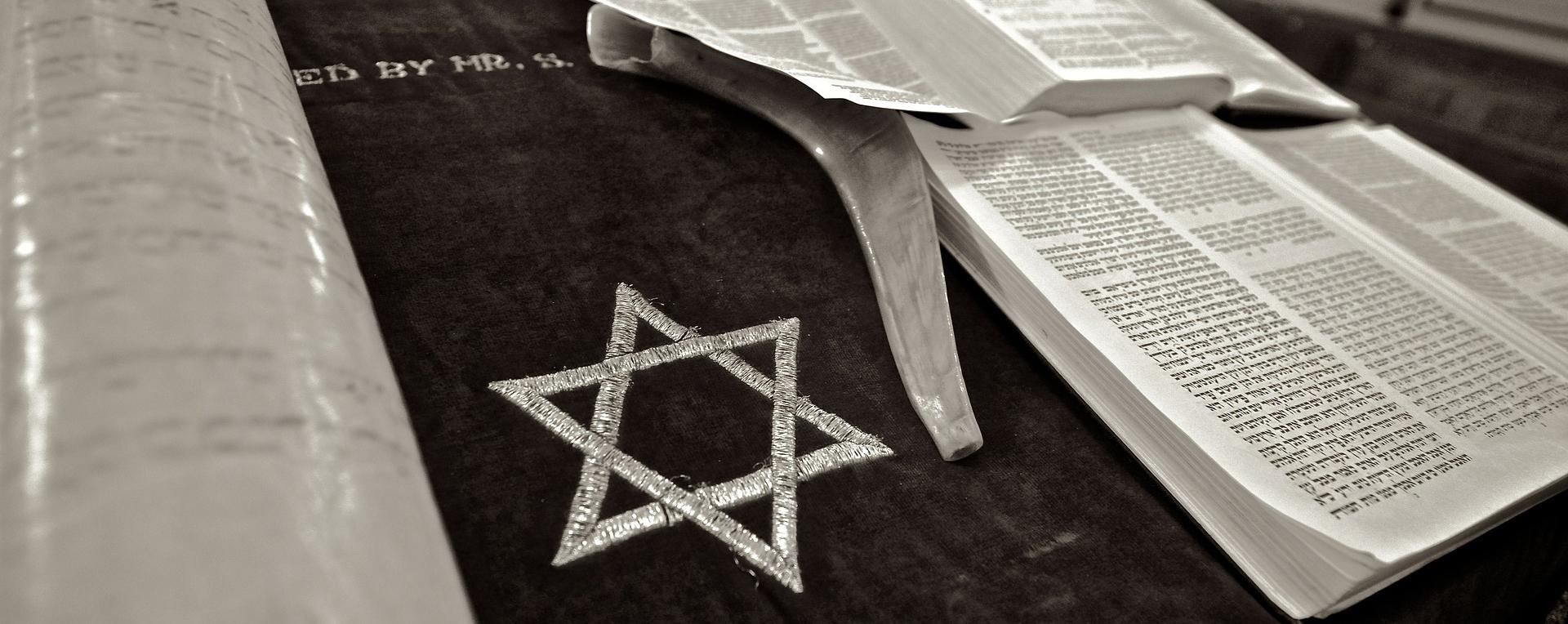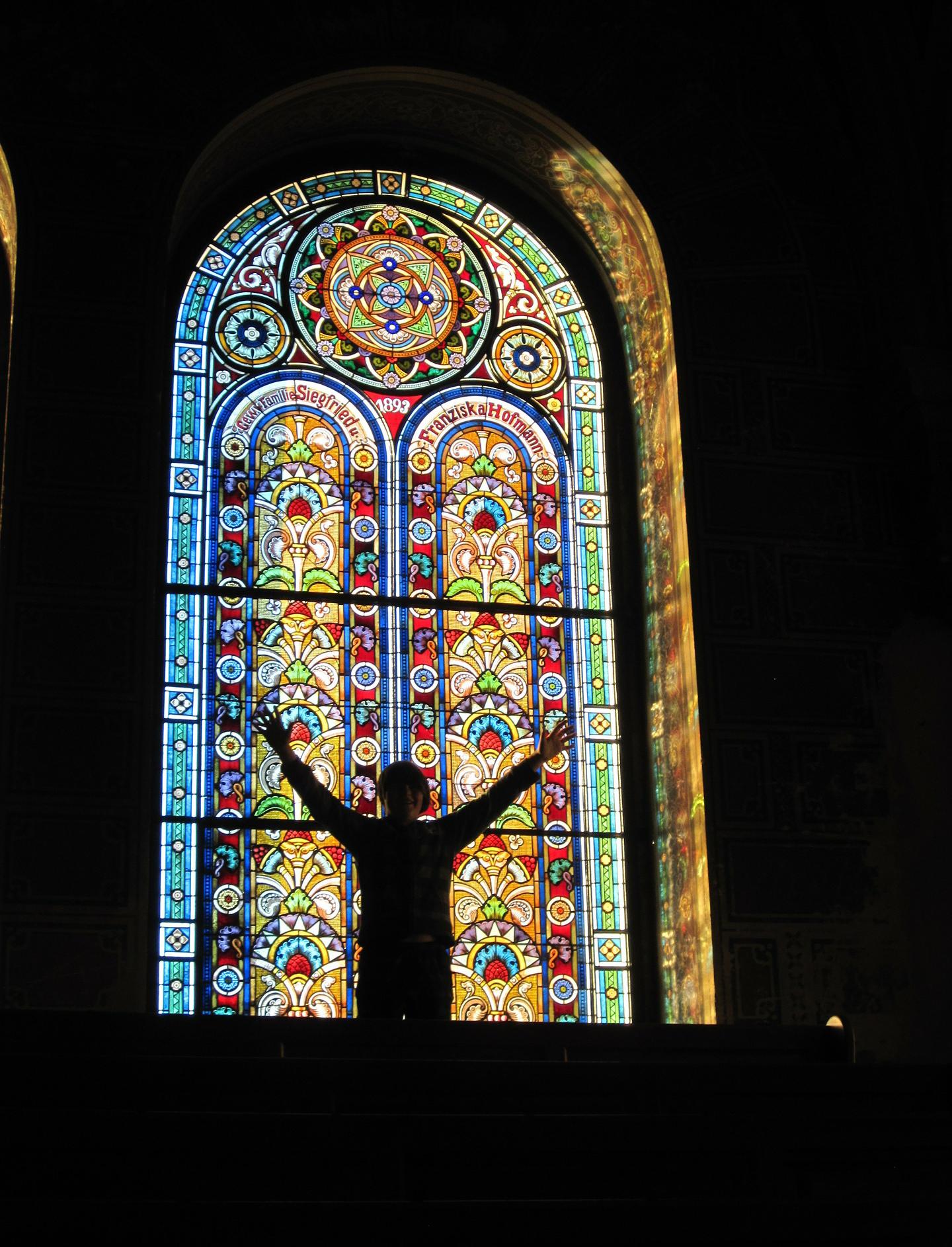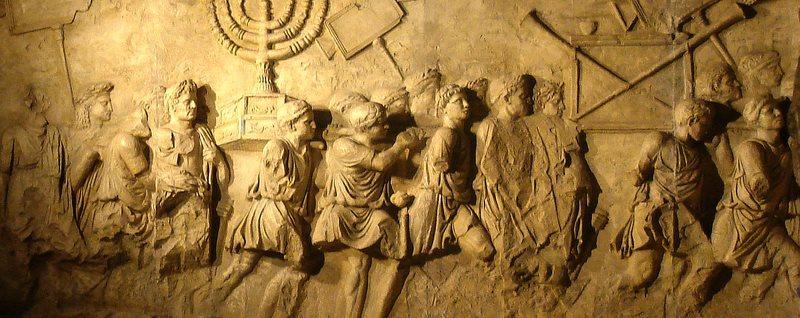THE KOSHER OYSTER MAGAZINE
H AV E A CHU C KLE, I T MI G HT MAK E YO U A BE T T E R J E W By Gary Hofman
“The greatest Jewish tradition is to laugh” – Jerry Seinfeld As a people, we are quite funny. I could list off Jewish comedians, but it seems like a useless task to me. I am sure that more than one has already come to mind. It also seems useless for me to tell you that the act of laughter is one of the most satisfying sensations that one can feel. Let’s be completely honest, having a good side-splitting laugh is not only an electrifying feeling, but it is also one of the greatest mental cures. If you are having a bad day or even a mediocre one, a good joke can turn that around into one to be remembered for all the right reasons. There is plenty of academic writing of why laughter and humour are so good. One of the earliest modern pieces on joking was written by everyone’s least favourite psychoanalyst, Sigmund Freud. If you want to look at it from Freud’s perspective (in most circumstances I would not want to, but trust me, here it makes sense) it is because jokes are linked to our unconscious and allow us to expel what we have been repressing. This makes sense, humour is an easy way tap into taboo subjects and bring them to the forefront of conversation.
circumstances. Robin Knepp accounts that during the atrocities of the Holocaust “there was laughter – joyful, liberated laughter from those who suffered the most”. Knepp argues that comedy was used to combat the misfortune of the Jewish experience during the holocaust and, ultimately, comedy was a tool to inspire hope, spirit and survival. So surely, with all these potential powers, making someone laugh is a mitzvah. Right? Perhaps not. When looking around for a religious text on laughter and humour, I came across a quote from Pirkei Avot: “One should not be a person of levity and mockery (‘s’chok v’hatail’), nor sad and somber, but cheeful (‘samai’ach’). So too did the Sages say, ‘Mockery and lightheadedness accustom [a person] to lewdness’They likewise commanded that a person not be unrestrained in levity (‘parutz (broken out) bi’s’chok’) nor sad and mournful. Rather he should receive all people with a cheerful countenance.”
This stumps me. Mockery is understandable, Levity, however, I struggle with. Levity, the treatment of a serious matter with humour. Levity is something that Jews are all too familiar with. Going as far back to the exodus from Egypt, when faced Further, humour possesses power. Persecution with the pursuing Egyptians on one is not an unfamiliar circumstance for Jews and side and an enormous body of water on neither is their response of joking about such the other, Bnei Yisrael called to Moshe:
12










